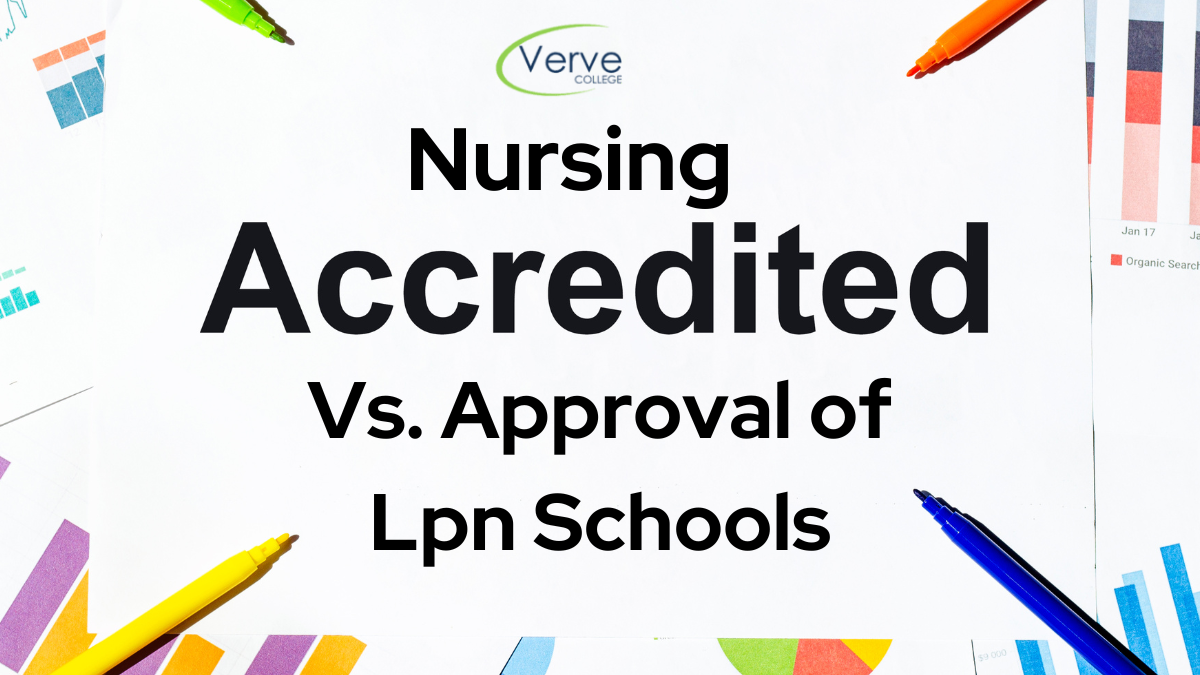- Oak Brook:(630) 705-9999
- Chicago:(312) 920-8822
- Email:inquiry@vervecollege.edu
- Make a Payment
- Home
- Programs
- Admission
- Resources
- ATI Entrance Exam Resources
- New E-Digital Library
- Refer a Friend
- School Newsletter
- Events
- Employers
- Job-Network
- Alpha Beta Kappa Candidates
- Verve College Library
- Graduation and Pinning Ceremony Photo Galleries
- Textbook Information
- Career Services
- Tutoring
- School Catalog
- FAQ
- Constitution Day Program
- Alumni
- Verve College Plans
- Financial Aid
- HEERF Reporting
- Satisfactory Academic Progress
- Apply For Financial Aid
- Net Price Calculator
- Return of Title IV Funds (R2T4)
- Financial Aid Office Code of Conduct
- Contact
- FAQs
- Verification Policy
- Vaccination Policy
- Student Right-to-Know Act
- Misrepresentation
- Information Security Program
- Academic Award Year
- Availability of Employee
- Cost of Attendance
- Health & Safety Exemption Requirement
- Students Rights and Responsibilities
- Leave of Absence
- Pell Formula
- Military Students
- Grants/ Scholarship Policy
- Contact Us
- Testimonials
- Blog
Is a Nursing Career Right For You?
Take The Free Quiz
What is the Difference Between Regional and National Accreditation?
What is the Difference Between Regional and National Accreditation?
Accreditation is crucial in nursing education, with over 3 million registered nurses in the U.S. as of 2023 depending on academic quality training. It ensures that programs meet industry standards. Regional accreditation typically applies to degree-granting education institutions, while national accreditation focuses on specific programs.
Understanding these distinctions helps prospective students choose the right path for their education and career in a competitive healthcare landscape.
In this guide, you can easily understand regional vs national accreditation nursing in brief.
What is Accreditation?
Accreditation in nursing education is a formal recognition process that assesses the quality of nursing programs against established standards. This evaluation ensures that institutions like LPN schools provide a comprehensive curriculum, adequate resources, and qualified faculty to prepare students effectively for their nursing careers.
The primary purpose of accreditation is to safeguard educational quality for institutions and students alike. It helps accredited college enhance their programs, assures students they are receiving a valid education, and enables graduates to pursue licensure and employment in the nursing field.
What is Regional Accreditation?
Regional accreditation is a process that evaluates community colleges and universities within specific U.S. geographic regions for their educational quality. This form of accreditation is granted by recognized regional accrediting bodies, such as the Higher Learning Commission and the Southern Association of Colleges and Schools, which assess institutions based on rigorous standards.
Attending a regionally accredited nursing program offers several advantages. Graduates from these programs are often viewed as more credible by employers, which can enhance job prospects. Additionally, regionally accredited programs usually allow for smoother transfer of credits to other institutions, making them a wise choice for students who may continue their education later.
Approved vs. Accredited Nursing Programs: Key Differences Explained
What is National Accreditation?
National accreditation evaluates specific programs, including nursing, rather than entire institutions. Accrediting bodies like the Accreditation Commission for Education in Nursing (ACEN) focus on program quality and compliance with industry standards.
Key Differences:
Scope: Nationally accredited programs often cater to specialized fields, while regional accreditation applies to broader educational institutions.
Transferability: Credits from regionally accredited programs may transfer more easily than those from nationally accredited ones.
Benefits of National Accreditation:
- Ensures program relevance and quality.
- Often aligned with specific career outcomes.
- Facilitates access to federal financial aid for students.
Key Differences Between Regional and National Accreditation
Regional Accreditation
Knowing regional vs national accreditation nursing is necessary while choosing an accredited school. Regional accreditation is typically granted to institutions that operate within specific geographical areas, such as states or regions. This type of accreditation is often associated with traditional colleges and universities, and it usually emphasizes academic rigor.
Programs accredited regionally tend to have universally recognized credits, making it easier for students to transfer between institutions, which is especially beneficial for practical nursing programs.
National Accreditation
In contrast, national accreditation often applies to vocational, technical, and career-focused institutions. These programs may focus on practical skills and may not be as recognized by traditional academia. Students from nationally accredited programs might face challenges when transferring their credits to regionally accredited institutions. Additionally, regional accreditations generally offer broader access to federal financial aid, ensuring that students have the necessary support to complete their nursing education.
Why Accreditation Matters for Nursing Students?
Accreditation plays a vital role in nursing education. Here’s why it matters:
- Job Prospects: Employers often prefer graduates from accredited programs, enhancing your employability.
- Career Advancement: Accredited programs are recognized for quality, providing opportunities for promotions and specialized roles.
- Licensure Requirements: State boards may require graduation from accredited programs for licensure, making it essential for your career path.
Choosing the right accreditation can significantly influence your nursing career trajectory.
Find Your Certificate Through an Accredited Program
Above, you will be able to quickly grasp the distinction between national and regional accreditation. Students seeking a high-quality education can benefit from attending an accredited institution, either national or regionally. People who are interested in giving back to others as well as making an impact through medical practice should make sure your bachelor’s program is accredited programmatically.
They will be able to become registered nurses. Are you interested in learning more about national vs regional accreditation of nursing? Verve College’s online practical nursing degree is nationally accredited in advanced nursing. Find out how this program online can assist you in achieving your nursing career goals. look for LPN programs near me.
 Sign up
Sign up Login
Login




